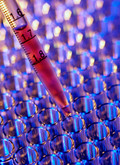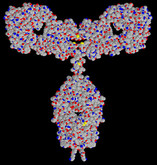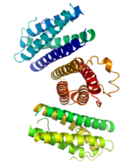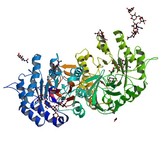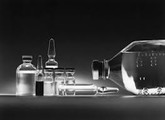Biosimilars/Research
|
Posted 15/09/2017
Rituximab is an established anti-CD20 monoclonal antibody used for the treatment of some haematological cancers and immune-mediated diseases, such as rheumatoid arthritis (RA). CT-P10 (Truxima) is the first biosimilar of the rituximab reference product and was approved in Europe for all licensed RTX indications in February 2017 [1]. A phase I randomized controlled trial (RCT) of CT-P10 versus reference rituximab in patients with active RA demonstrated that the two drugs had equivalent pharmacokinetics after a single course of treatment and that their efficacy, pharmacodynamics, immunogenicity and safety were comparable up to Week 24 [2]. To allow comparison of CT-P10 versus reference rituximab, patients in the same phase I trial received a second course of treatment and were evaluated for efficacy, safety, pharmacokinetics, pharmacodynamics, and other clinical data for up to 72 weeks. These data demonstrate that the clinical profile of CT-P10 is comparable to reference rituximab in patients with RA over an extended treatment duration [3].













